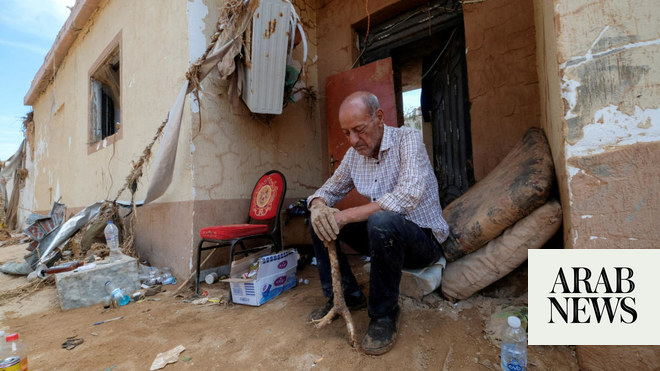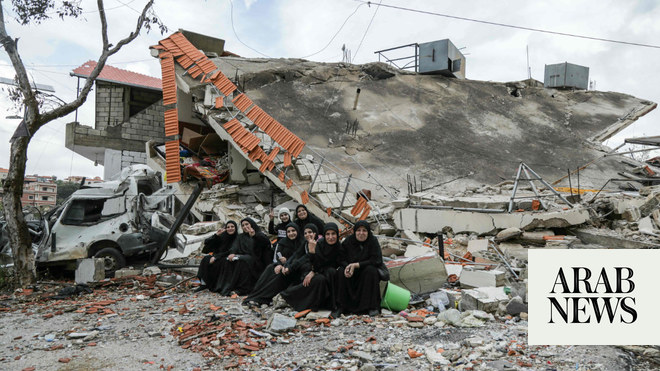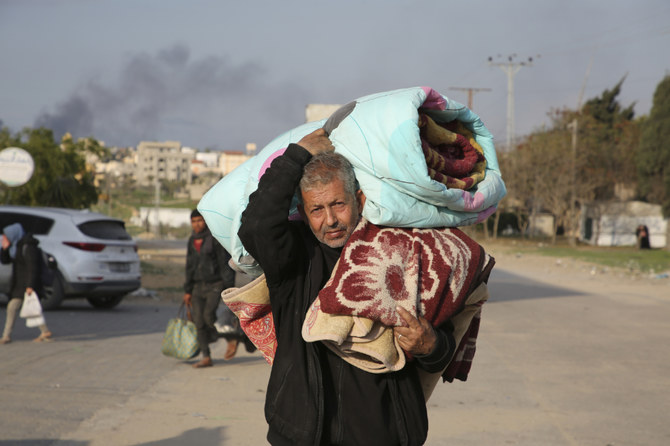
ISIS terrorists left behind scores of landmines in the Syrian city of Raqq, covering every inch of their former bastion, a UN official said on Tuesday.
“The number of unexploded ordnance in Raqqa is something that we have never seen before. Extreme. Every house, every room, every inch of the city,” Panos Moumtzis, UN assistant secretary general and regional humanitarian coordinator for the Syria Crisis, told reporters in Beirut.
Landmines are causing 50-70 casualties a week - about the number that usually hit all of Afghanistan in a year - he said, advising civilians against returning to their homes there.
About 60,000 Syrians have returned to the ruins of Raqqa since Islamic State left,
Though the United Nations was not helping people to go back to Raqqa, it could not stop people returning spontaneously to homes which could harbor danger, Moumtzis said.
As well as landmines and improvised explosives planted by ISIS, there may also be undetonated bombs and missiles used by the coalition in its massive blitz of Raqqa.
The extremist group still holds a few scattered pockets in Syria and Iraq, but has lost almost all its possessions in the two countries, where at its height it ruled over millions of people.
As when attacked in other parts of its self-declared “caliphate”, it used many booby traps as a tactic against its advancing foes. But in Raqqa many of the hidden bombs appear aimed at civilians.
“It is vicious to think they are deliberately planted to kill, to kill civilians, to kill people,” said Moumtzis.
Later on Tuesday, UN experts said ISIS still poses "a significant and evolving threat around the world" despite recent setbacks in Iraq, Syria and the southern Philippines that forced the terrorists to relinquish strongholds.
The report to the Security Council circulated said ISIS "has lost its focus on conquering and holding territory" but is continuing "to give prominence to external attacks."
The experts said the extremist group is now organized "as a global network" with "less operational control over its affiliates" and some members reportedly willing to work with al-Qaida networks "to support one anothers attacks."
As a result, the fight against ISIS is entering a new phase with more focus on "less visible networks of individuals and cells acting with a degree of autonomy."












